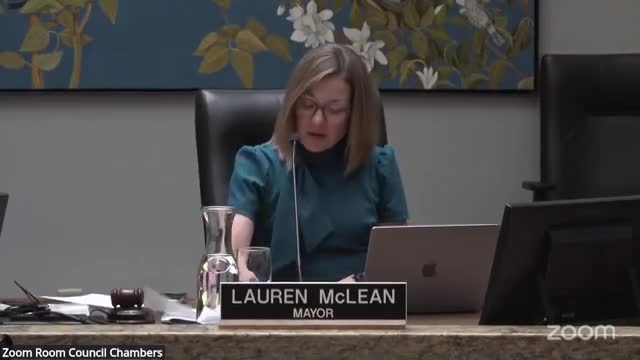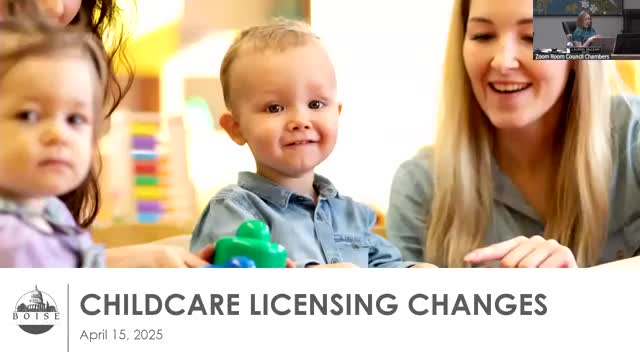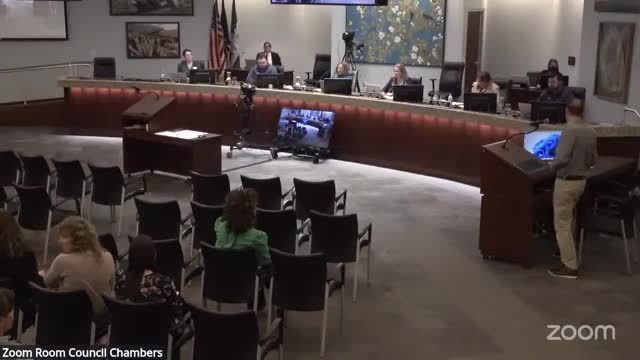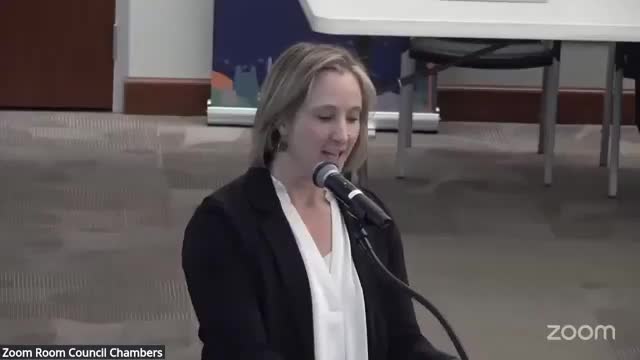Article not found
This article is no longer available. But don't worry—we've gathered other articles that discuss the same topic.

Fire chief presents data-driven plan to expand four-person staffing at priority stations

City outlines transition plan as state assumes childcare licensing under new law

City updates council on compost program expansion, multifamily pilot and certified sales

